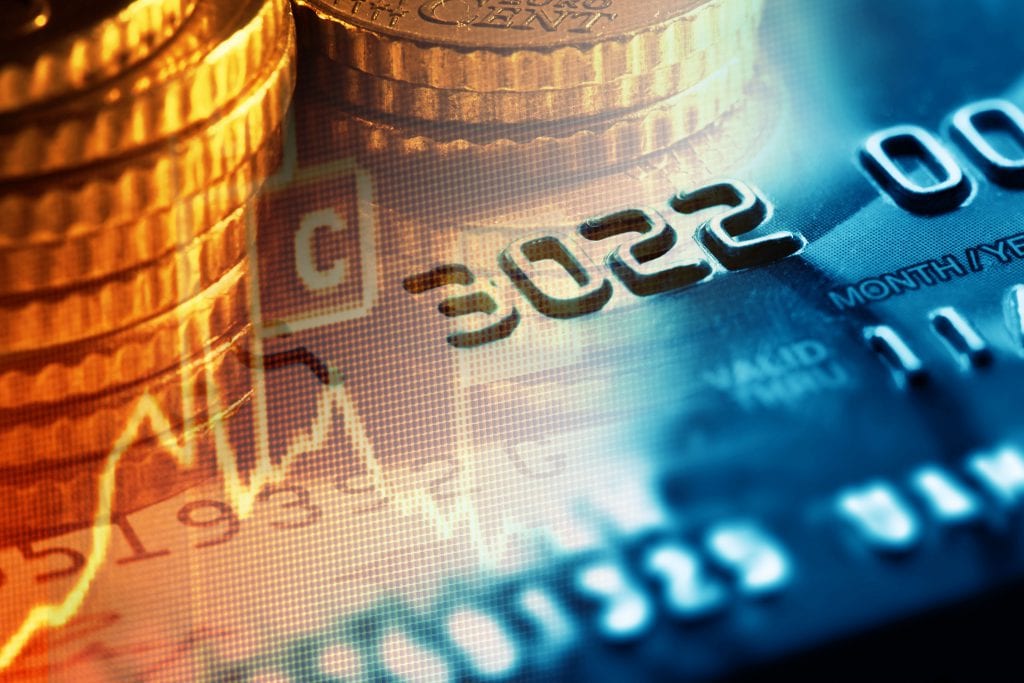This ITProPortal article was triggered by HSBC’s adoption of voice recognition, but focuses on business use cases and the improved authentication that is possible. It doesn’t consider adoption by USAA, MasterCard and the others and hardly mentions how it improves convenience for the consumer:
“The recent news from HSBC about its planned use of voice recognition and touch security is the latest in a line of announcements from banks looking to take a step closer to biometrics. Traditional authentication methods have been failing for some time and banks are now looking for a more effective process. Technology can now look at specific biometric details like the shape of a larynx and vocal tract, and this is much more difficult to steal than a password – hence the shift to so-called ‘biometric banking’.
Passwords aren’t working
Quite simply, passwords aren’t working for the banking industry. They are too difficult for customers to remember and too easy for hackers to steal. With innovative technology now available and able to analyse specific biometric details, banks are making it as difficult as possible for a criminal to impersonate a customer.
This biometrics announcement from HSBC once again brings the issue of authentication to the fore, but it’s not just the banking industry trying to find a more effective way to securely prove user identity. Apple’s introduction of TouchID in 2013 is one key driver for this, which put biometrics into the hands of millions of individuals across the world. In turn, this has driven a new wave of consumer expectations when it comes to proving your identity – if I can use biometrics to unlock my phone, why can’t I use it for other services?”
Biometrics will certainly play a role managing employees access, both physical and digital, within the financial institutions four walls, but the real benefit will be the peace of mind consumers gain in no longer having to worry about passwords. Today consumers are forced to either create passwords they can’t possibly remember or create a weak password that can be remembered. This leaves the consumer feeling they are liable for the security of the password – making it hard to sleep at night. Properly implemented biometric authentication will be adopted at a rate similar to smartphones based on convenience and trust.
Overview by Tim Sloane, VP, Payments Innovation at Mercator Advisory Group
Read the full story here
